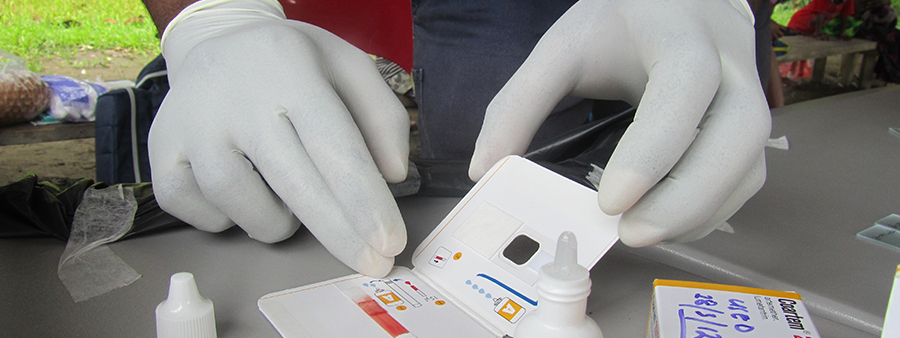Malaria Control Programme in DRC
Overview
Malaria is a leading cause of mortality in the Democratic Republic of the Congo (DRC). Establishing an effective malaria control programme is a chief occupational and public health concern for any organisation wishing to operate in the country.
Problem
A mining company <name to be signed off> during the construction phase for a remote site in the DRC’s Katanga Province, contacted International SOS for our malaria expertise and advice. The company was responsible for 9,000+ employees and contractors.
Nearly 70% of the onsite workforce were Congolese nationals - many of whom had moved to the site with their families, greatly increasing the local population around the site. The remaining workers were expatriates from India, Pakistan, Bangladesh, and the Philippines. The vast majority of these Asian expatriates had little or no acquired immunity to malaria and knew little about its prevention.
Solution
- For the onsite employees, we conducted indoor residual insecticide spraying, supplied long-lasting insecticide-treated bednets (LLIN), provided anti-malaria chemoprophylaxis, and delivered ongoing awareness and education programmes.
- At the International SOS onsite clinic, prompt and accurate malaria diagnosis and treatment were made available to all workers and their families.

For the community, we provided each family with one or more LLIN, trained local heath staff on early malaria identification, and ran awareness and prevention programmes for different community groups.
Impact
In the two-years that the malaria programme was implemented, malaria was reduced by 60% in the communities compared to the 2007 baseline infection rate. We saw similar dramatic reduction in malaria risk in both the national and expatriate workforce during the same period.










